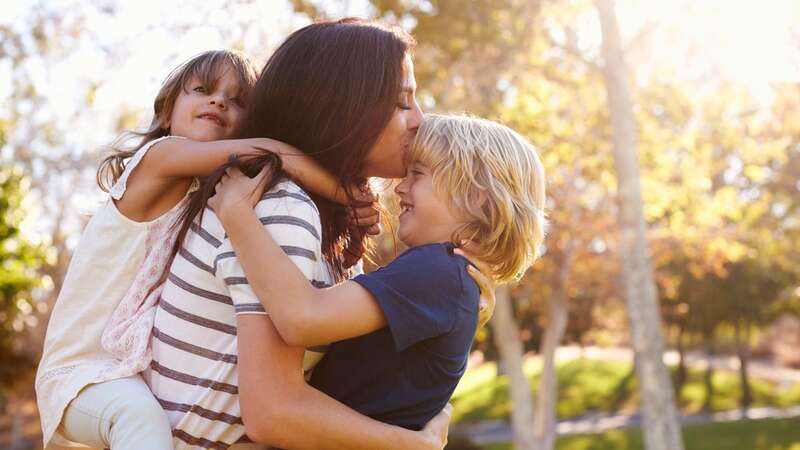
Autism spectrum disorder is more likely to be inherited by males than females, according to new research.
Ground breaking research from the Karolinska Institutet in Stockholm has highlighted that autism spectrum disorder (ASD) shows a higher likelihood of being inherited by boys rather than girls, with distinct variations in heritability between the sexes. The comprehensive study delved into 'sex-specific heritability' of autism by examining data from non-twin siblings and cousins across Sweden, born from January 1985 to December 1998, tracking their development up until they reached 19 years old.
This month, the findings were shared in the online journal Psychiatry, encompassing a vast sample of 1,047,649 individuals from 456,832 families. The analysis revealed that out of the entire group studied, 1.17% were diagnosed with ASD, breaking down to 1.51% of males and 0.80% of females.
Consequently, researchers estimated ASD heritability at 87.0% for males and 75.7% for females, pinpointing an 11.3% disparity in heritability between genders. The study found no evidence to suggest shared environmental factors played a role, reports Gloucestershire Live.
Lead author Sven Sandin, PHD, along with his colleagues at the Karolinska Institutet, concluded: "The skewed sex ratio in ASD may, partly, be explained by differences in genetic variance between sexes. This discovery opens up new avenues for further research aimed at gaining a deeper understanding of the prevalence of ASD."
 Hospitals run out of oxygen and mortuaries full amid NHS chaos
Hospitals run out of oxygen and mortuaries full amid NHS chaos
Autism can manifest in a variety of ways in both young and older children, with symptoms often differing based on gender. This can make it more challenging to identify in girls. For more information about the signs of ASD in women and girls, visit the National Autistic Society's website.
Autism symptoms
The NHS has compiled a list of autism symptoms in children, while Australian organisation Autism SA has provided a checklist specifically for boys. However, it's crucial to remember that symptoms can vary greatly from person to person.
The two main areas of ASD that are most commonly observed in boys include social communication and social interaction, as well as repetitive or restricted behaviour, interests or activities.
Signs of autism in young children include:
- not responding to their name
- avoiding eye contact
- not smiling when you smile at them
- getting very upset if they do not like a certain taste, smell or sound
- repetitive movements, such as flapping their hands, flicking their fingers or rocking their body
- not talking as much as other children
- not doing as much pretend play
- repeating the same phrases
For those interested in learning about the signs of autism in older children, they can include:
- not seeming to understand what others are thinking or feeling
- unusual speech, such as repeating phrases and talking ‘at’ others
- liking a strict daily routine and getting very upset if it changes
- having a very keen interest in certain subjects or activities
- getting very upset if you ask them to do something
- finding it hard to make friends or preferring to be on their own
- taking things very literally – for example, they may not understand phrases like "break a leg"
- finding it hard to say how they feel
Read more similar news:
Comments:
comments powered by Disqus

































